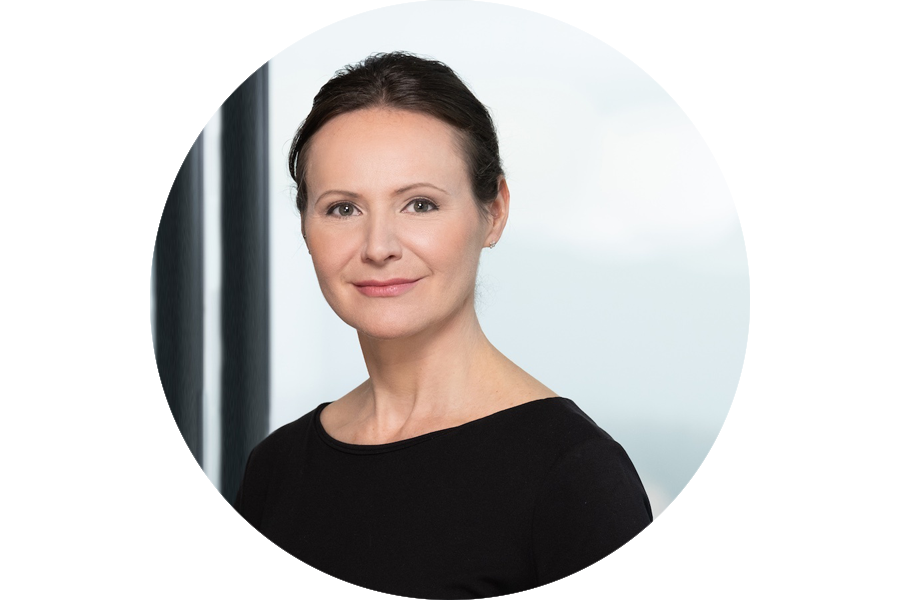In what way?
I’m generalizing here, and it’s not always the case, but men deliberately put themselves in the spotlight, while women do the opposite. In the best-case scenario, women realize they do their job well, but often hold back from showing people just how good they are. Personally, I’ve always marketed myself without being conceited or over the top, but in a very targeted way. You have to sell yourself, regardless of your gender. And then there’s your private life – if, as a woman, you want children as well as a career that’s very demanding, you need a supportive husband. My mindset has never been that women should shoulder most of the childcare responsibilities. I’ve always known that I wanted to carry on working full-time and did not want to reduce my workload. I wanted children, but not at the expense of my career. And that’s perfectly feasible if you organize your daily routine well, seek support and work with your partner to overcome hurdles. A supportive employer is clearly important, too. PostFinance is very good in this respect and offers working mothers and fathers a great deal of flexibility.



